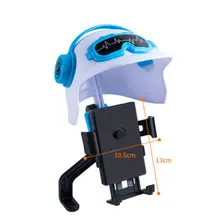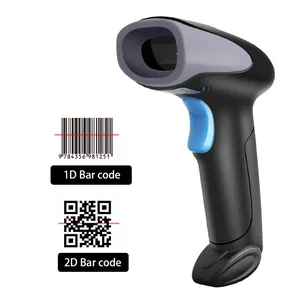Integrating QR code scanners into business operations offers a multitude of advantages. These devices enhance the efficiency of information dissemination and storage, allowing for quick redirection to web pages or specific content crucial for business growth. With the capacity to store up to 7,089 numeric, 4,296 alphanumeric, or 1,817 Kanji/Kana characters, QR code scanners are suitable for a wide array of applications. They support a variety of data types, including numeric, alphabets, special, and binary, ensuring versatility in their use.
QR code scanners facilitate the latest digital interaction methods, reflecting a business's progressive nature. They can significantly reduce advertising costs by eliminating the need for extensive physical materials, thus also contributing to eco-friendly practices by reducing paper consumption. The technology's ease of use is another benefit, as it requires no special training or equipment beyond a smartphone or dedicated scanning device.
Moreover, QR codes have a robust error correction capability, with different levels of restoration capacity, ensuring reliability in information retrieval. This error adjustment capacity can correct up to 30% of errors, depending on the level chosen. However, it's important to note that while QR codes are a step towards innovation, they do come with limitations, such as a potential lack of familiarity among consumers and the necessity of internet connectivity for accessing the information.

















































 浙公网安备 33010002000092号
浙公网安备 33010002000092号 浙B2-20120091-4
浙B2-20120091-4